Starting a business is exciting but it’s also scary. There’s money to invest, paperwork to file, and no guarantee things will work out. That’s why so many Canadians are turning to franchising. It’s a middle ground between running your own company and having the support of an established brand behind you.
If you’ve ever thought about opening a franchise in Canada but don’t know where to begin, this guide breaks it down in plain English. We’ll talk about what permits you need, how much it really costs, and how to take your first steps the smart way.
Why Franchising is a Smart Way to Start a Business
Franchising is all about partnership. You get to run your own business but with help from a brand that already knows how to succeed. They give you the name, the system, and often the training and in return, you pay certain fees and follow their business model.
That structure makes franchising a lot less risky than starting something from scratch. You’re not guessing what works you’re using a proven plan.
In Canada, there’s a franchise for just about everything. Coffee shops, gyms, cleaning services, tutoring, pet care, restaurants you name it. Whether you have $20,000 or $200,000 to invest, there’s likely a model that fits your budget.
Understand the Legal and Permit Requirements
In Canada, franchising isn’t governed by one national law. Instead, each province sets its own rules. That means what’s required in Ontario might be a little different from what’s needed in Alberta or British Columbia.
Here’s what almost every franchise buyer needs to deal with:
- Franchise Disclosure Document (FDD):
In provinces like Ontario, Alberta, British Columbia, Manitoba, New Brunswick, and Prince Edward Island, franchisors are required by law to give you this document before you sign anything. It lays out every major detail how much you’ll pay, what rights you have, what you’re responsible for, and the company’s history. You get at least 14 days to review it before you commit. - Business Registration:
You’ll need to register your new business, either federally (to operate across Canada) or provincially (for one province). Registration is pretty straightforward but does come with small fees and annual renewal requirements. - Municipal Permits:
If your franchise will have a physical store, you’ll likely need local business permits. Depending on the type of business, that could mean zoning approvals, signage permits, or even health and safety inspections. - Industry Licenses:
Certain businesses like restaurants, salons, or daycares require extra licenses or inspections from health or safety authorities. - Taxes and Employment Registration:
You’ll need a GST/HST number, payroll setup if you hire staff, and compliance with local employment standards.
It might sound like a lot, but most franchisors help guide you through these steps.
Know the Real Costs Involved
Buying a franchise isn’t just about paying one big fee and getting started. There are several layers of costs to think about some upfront, some ongoing.
Research Franchises That Fit You
Before spending a dollar, make sure the franchise matches your goals and lifestyle.
Ask yourself:
- Do I want to manage people, or work solo?
- Do I want a physical store, or something home-based?
- How much time can I realistically give each week?
Popular franchise types in Canada right now include:
- Cleaning and maintenance services
- Fitness and wellness studios
- Quick-service food and beverage brands
- Education and tutoring
- Mobile repair or delivery services
- Pet care and grooming
Websites like Azibiz.com let you browse franchise listings by industry, province, and investment level perfect if you’re comparing opportunities side by side.
Understand Your Province’s Franchise Rules
Franchise laws differ from one province to another:
- Ontario, Alberta, British Columbia, Manitoba, New Brunswick, PEI:
Must provide an FDD (Franchise Disclosure Document).
- Quebec, Saskatchewan, Nova Scotia, Newfoundland and Labrador:
No specific franchise laws, but other business laws apply.
Even if your province doesn’t require an FDD, reputable franchisors usually provide one voluntarily. Always read it carefully and get a franchise lawyer to review it that’s one of the smartest investments you’ll make.
Figure Out Your Financing Options
Franchises can be costly, but there are several ways to finance your purchase:
- Bank loans: Most Canadian banks are franchise-friendly and may offer special packages.
- Canadian Small Business Financing Program (CSBFP): Helps small business owners get government-backed loans.
- Franchisor financing: Some brands let you finance part of the franchise fee directly through them.
- Personal savings or investors: Common for smaller, service-based franchises.
Whatever route you take, have a solid business plan and some personal investment (usually 25–40% of the total cost).
Choose a Location and Apply for Local Permits
If your franchise involves a storefront, location is everything. Busy areas mean higher rent but also more customers. Before signing a lease, make sure:
- Zoning laws allow your type of business.
- The building meets safety and accessibility standards.
- You’ve applied for signage and renovation permits.
Cities like Toronto, Vancouver, and Calgary tend to have higher leasing costs, while smaller markets like Halifax, Regina, or Winnipeg may offer cheaper options.
Review the Franchise Agreement Carefully
This is the contract between you and the franchisor and once signed, it’s legally binding. It covers:
- Territory (where you can operate)
- Duration of the agreement
- Fees and royalties
- Renewal terms
- Exit or transfer conditions
Never sign without having a franchise lawyer review it first. They’ll make sure there aren’t hidden clauses that could cause problems later.
Get Ready to Launch
After the paperwork is done, your training complete, and the location ready it’s time to open!
Franchisors often help with grand openings, advertising, and even hiring. The first few months might feel slow, but that’s normal. Keep a financial cushion to cover early expenses until your business starts generating steady income.
Top Franchises Thriving in Canada (2025)
- Tim Hortons (food & beverage)
- Tutor Doctor (education)
- Two Men and a Truck (moving service)
- MaidPro (cleaning)
- Anytime Fitness (wellness & gyms)
How Much Can You Earn?
It depends on the franchise type, your effort, and location. A home-based cleaning or tutoring franchise might turn a profit in a few months, while restaurants or gyms can take longer.
The advantage of franchising is predictability. You’re joining a system that’s already proven to work, and you’re getting ongoing support and marketing so your chances of success are much higher than starting alone.
Tips to Keep Costs Low and Risks Low
- Start with a smaller or mobile franchise to reduce startup costs.
- Keep 10–20% of your investment as backup cash.
- Talk to other franchise owners — they’ll give you real, unfiltered advice.
- Read everything. The FDD and franchise agreement contain details that matter.
- Don’t rush. A good deal today will still be good next week.
Final Thoughts
Buying a franchise in Canada can feel like a big step and it is. But if you do your homework, plan carefully, and work with a trusted brand, it can also be one of the most rewarding business moves you’ll ever make.
You’re not just buying a logo. You’re buying guidance, systems, and a chance to build something of your own with support behind you. Explore opportunities here: https://www.azibiz.com/franchise-opportunities-canada
If you’re ready to start exploring, check out verified Canadian franchise listings on Azibiz where you can find opportunities filtered by budget, province, and industry.
Canada Franchise Buying Process, Permits, and Investment Overview – FAQs
1. What are the first steps to buying a franchise in Canada?
Start by researching the franchise market, selecting reputable brands, requesting Franchise Disclosure Documents (FDD), and evaluating the business opportunity with advisors or franchise lawyers.
2. Are there permit or licensing requirements for franchisees in Canada?
Yes. Depending on the province and business type, you may need a business license, municipal permits, health and safety certifications, and possibly a GST/HST account. Franchises in regulated industries will require extra permits.
3. What are typical costs for buying a franchise in Canada?
Initial investments vary widely. Low-cost franchises can start at $10,000–$50,000, while well-known brands often require $100,000–$500,000 or more, including franchise fees, equipment, inventory, lease, working capital, and royalties.
4. What’s covered in the Franchise Disclosure Document (FDD) in Canada?
The FDD outlines franchisor history, costs, obligations, litigation, earnings claims, and contact info for other franchisees. It’s required in provinces with franchise legislation and offers essential protection for buyers.
5. Are there residency or citizenship requirements for buying a franchise in Canada?
Non-residents and international entrepreneurs can buy franchises in Canada, but will usually need a valid work permit or permanent residency status. Consult a Canadian immigration expert for up-to-date options.
6. How can franchisees secure financing in Canada?
Options include bank loans, Canada Small Business Financing Program, franchisor loans, personal savings, and government grants/loans for entrepreneurs. Lenders favor detailed business plans and collateral.
7. What sectors are strongest for franchises in Canada?
Popular franchise categories in Canada include food and beverage, cleaning, senior care, convenience retail, fitness, real estate, child education, and home services.
8. What due diligence steps are critical before buying a franchise?
Review the FDD thoroughly, talk to existing franchisees, analyze local market demand, project P&L, and consult franchise accountants and Canadian franchise lawyers.


